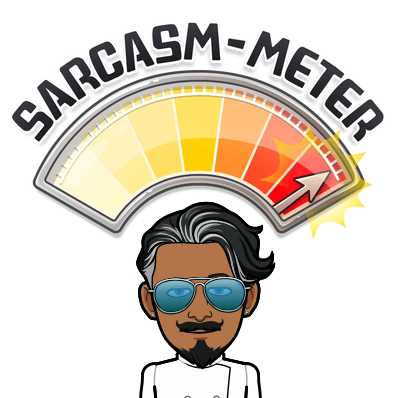placenta: short answer questions
The placenta plays a crucial role in human embryonic development, serving as a unique and vital organ during pregnancy. Here are some significant aspects of the placenta: 1. Nutrient and Gas Exchange: - The placenta facilitates the exchange of nutrients, oxygen, and waste products between the maternal and fetal circulatory systems. This is essential for the nourishment and growth of the developing embryo. 2. Waste Elimination: - Metabolic waste products from the developing fetus, such as carbon dioxide and certain nitrogenous wastes, are transported across the placenta and eliminated from the fetal circulation into the maternal bloodstream. 3. Hormone Production: - The placenta produces hormones that play a critical role in maintaining pregnancy and supporting fetal development. These hormones include human chorionic gonadotropin (hCG), human placental lactogen (hPL), progesterone, and estrogen. 4. Immunological Barrier: - The placenta...







